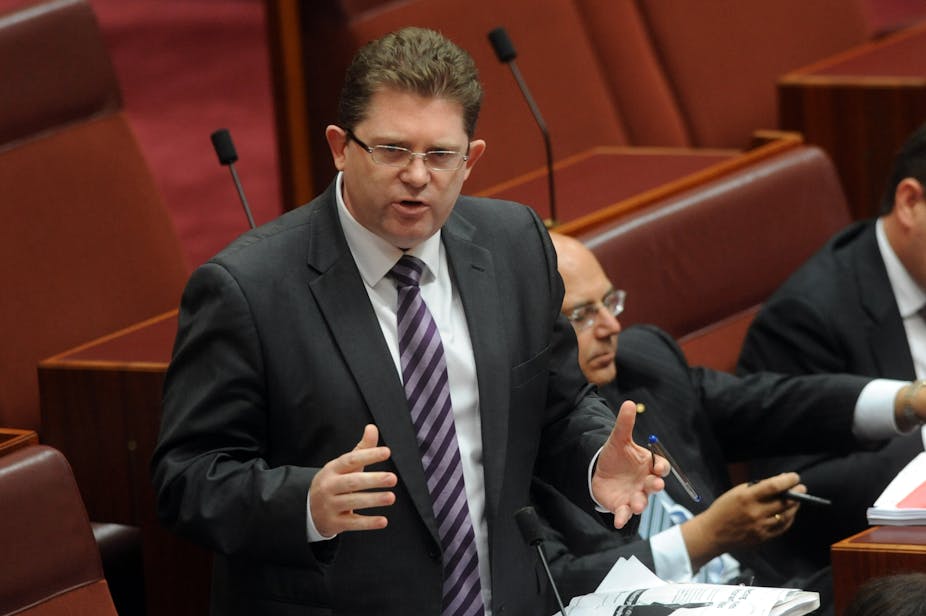The issues of foreign donations and electronic voting will be examined by a wide-ranging parliamentary inquiry.
Special Minister of State Scott Ryan has released terms of reference for the inquiry by the Joint Standing Committee on Electoral Matters (JSCEM), which does a review after each election.
The committee will look at the extent of foreign donations, including from persons and foreign-owned subsidiaries, to political parties, their associated entities and third parties that campaign – and options for regulating them.
The issue of foreign money has recently blown up with the controversy around Labor senator Sam Dastyari, who had bills paid by sources with links to the Chinese government.
Dastyari, who made comments about the South China Sea at odds with Labor policy while at an event with a Chinese-Australian political donor who had paid a legal bill for him, was forced to quit the frontbench.
The outgoing American ambassador, John Berry, this week has given weight to calls for action to be taken on foreign donations. Berry told The Australian that foreign donations were illegal in the US and the US had been “surprised” by Chinese money power in Australia.
Berry said: “Look, Australia is a sovereign nation. But I can see no argument of how a foreign government’s involvement through political contributions advances Australia’s interests.”
Labor has called for a ban on foreign donations but there is a division of opinion in the Coalition.
The inquiry will also look at the donation disclosure regime, including the issue of timeliness. There have been many calls for disclosure to be in “real time” or close to it.
It will scrutinise the potential applicability of “truth in advertising” provisions to communications to voters including in third-party carriage services, and the application of provisions requiring authorisation of electoral material to all forms of communication to voters.
This follows the Coalition’s complaints about Labor’s effective “Mediscare” campaign, which used text messages that the government said appeared to come from Medicare, thus misleading voters.
Also to be examined is “the potential application of new technology to voting, scrutiny and counting” particularly in relation to remote voting, voting by defence personnel on deployment and supporting voters who are vision-impaired.

